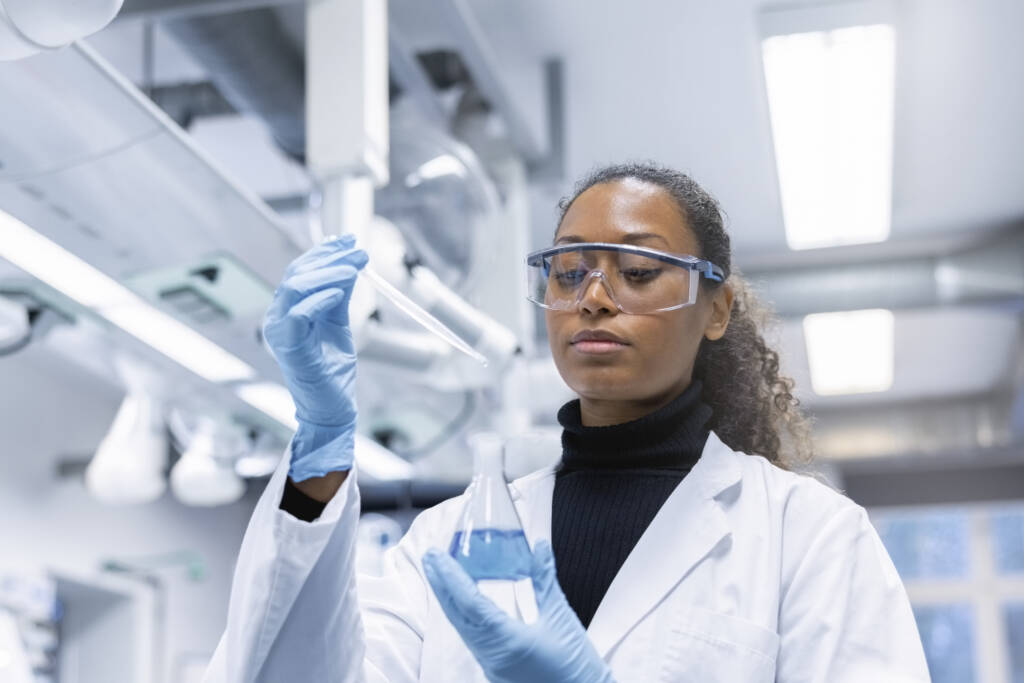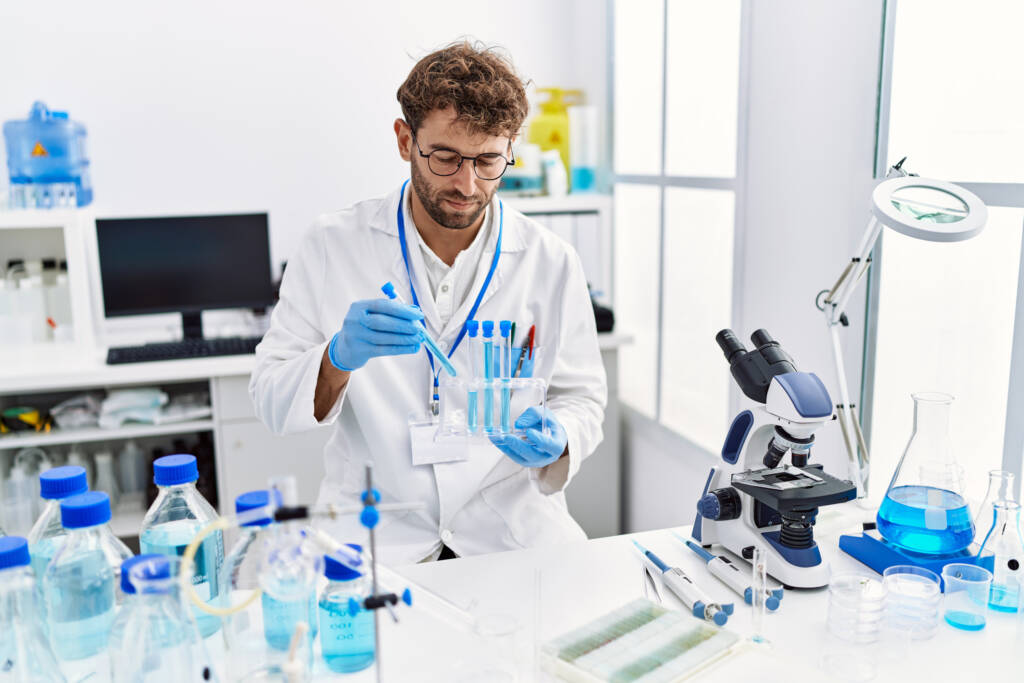
Adult Education Biology (Lab)

To enroll/extend in Adult Ed Biology:
Last Name A-L: Click here to Enroll/Extend Enrollment
Last Name M-Z: Click here to Enroll/Extend Enrollment
The Biology course is a two-segment study that builds on the foundations of life science, scientific practices, and scientific thinking skills. In this course, students will explore the relationships between living things and their environments. Students will develop an understanding of biological concepts through scientific inquiry, investigations, interactive experiences, higher-order thinking, real-world applications, interpreting and collecting data, and virtual and hands-on experiences. The key big ideas of the Biology course are molecular, cellular, heredity, evolution, classification, organisms, populations, and ecosystems. Students will enhance their mastery of biological concepts, which will enable them to make real-world connections and apply their understanding to everyday life.
Cost: Students purchase 28 days of access for $105. Students may work as quickly through the content as they wish. Every 28 days, students may purchase an additional 28 days of access for an additional $105.
Major Topics and Concepts
Foundations of Biology
- Science processes
- Observations and inferences
- Historical frame of reference- scientists and explorers
- Theory vs. law, science vs. pseudoscience
- Technology/ Microscopes
- Properties of water
- The origin of life on Earth
- Universal genetic code
- Anaerobic respiration (Honors)
- Discovery of cells
Segment I
Life’s Origin
- Properties of Carbon Atoms
- Carbohydrates/Proteins/Lipids/Nucleic Acids
- Cell Theory
- Theory of Endosymbiosis (Honors)
- Cell Membrane
- Osmosis/Diffusion
- Active Transport
- Prokaryotic and Eukaryotic Cells
- Comparison of plant and animal cells
- Energy and ATP
- Cell Respiration
- Fermentation
- Glycolysis
- Krebs cycle/Calvin cycle
- Stages of Photosynthesis
- Light Dependent/Independent Reactions
Cell Reproduction
- Cell Cycle
- Mitosis
- Meiosis
- Binary Fission (Honors)
- Cancer
- History of Genetics
- Discovery of DNA and its role in genetics and heredity
- Principles of Genetics and Heredity
- Mutations
- Biotechnology
Earth’s Diversity
- Levels of Organization
- Biotic and Abiotic Factors
- Energy in the Ecosystem
- Food Chains and Food Webs
- Climate/Climate Zones
- Biomes
- Marine Ecosystems
- Habitat/Niche
- Successions
- Populations
- Threats to Biodiversity
- Air/Water Quality
- Human Population growth
- Cycling Matter
- Making Informed Decisions
- Earth’s Hydrologic and Biogeochemical cycles (Honors)
Segment II
Scientific Connections
- Theories on Evolution
- Catastrophism/Gradualism/ Uniformitarianism
- Evidence of Evolution
- Artificial Selection
- Natural Selection
- Patterns of Evolution
- Primate Evolution
- Molecular Evolution (Honors)
Classification and Diversity
- Classification Systems
- Introduction to the kingdoms of life
- Taxonomy of bacteria
- Viruses vs. bacteria
- Taxonomy of protists
- General characteristics of protists
- Taxonomy of Fungi
- General characteristics of fungi
- Taxonomy of plants
- Adaptations of plants
- Structure and function in plants
- Importance of plants
- Plant reproduction, pollination
- Fruits, seeds, seed dispersal
- Taxonomy of animals
- Characteristics of invertebrates
- Characteristics of vertebrates
Course Materials
Competencies
Foundations of Biology
Students will demonstrate an understanding of the foundations of biology by explaining the scientific method, describing the chemistry of life, and describing early Earth.
Cellular Reproduction
Students will demonstrate an understanding of cellular reproduction by explaining cell division, explaining the processes of DNA Replication and Protein Synthesis, describing heredity patterns, and explaining mutation factors.
Origin of Life
Students will demonstrate an understanding of the origin of life by describing the properties of water, describing cell structure and function, describing cellular energy, and explaining cell transport.
Diversity of Organisms
Students will demonstrate an understanding of organisms and diversity by describing microorganisms, describing plant and animal characteristics, explaining the structure and function of human body systems, and describing the human immune system.
Earth's Diversity
Students will demonstrate an understanding of Earth’s diversity by describing factors within an ecosystem, explaining levels of organization in ecosystems, and explaining impacts on ecosystems.
Scientific Connections
Students will demonstrate an understanding of scientific connections by describing evidence of evolution, explaining the process of natural selection, and explaining the classification of living organisms.